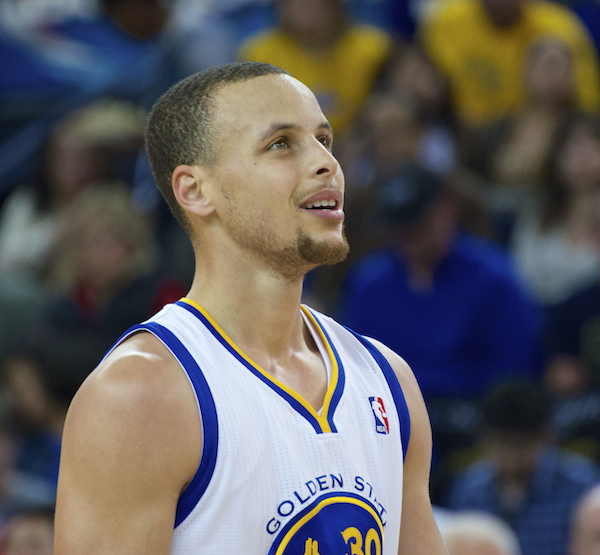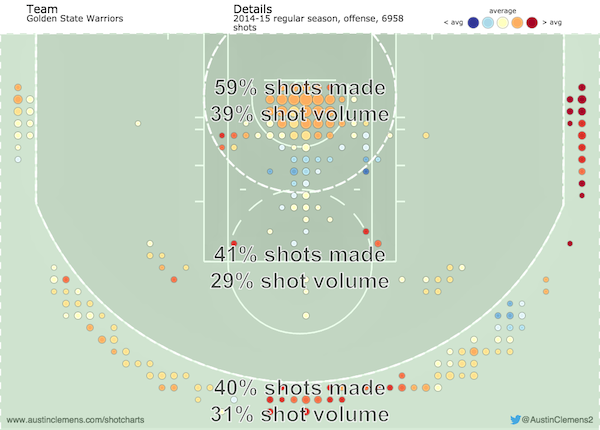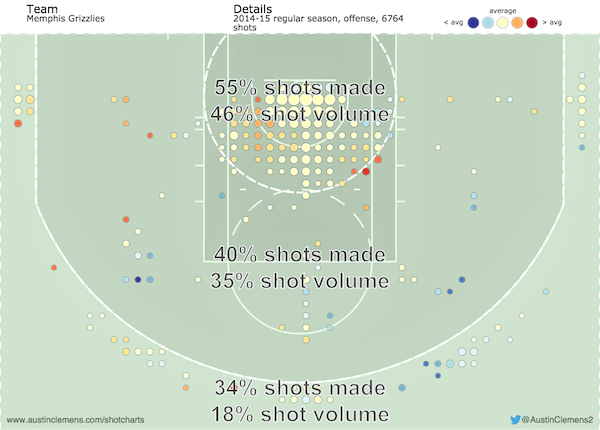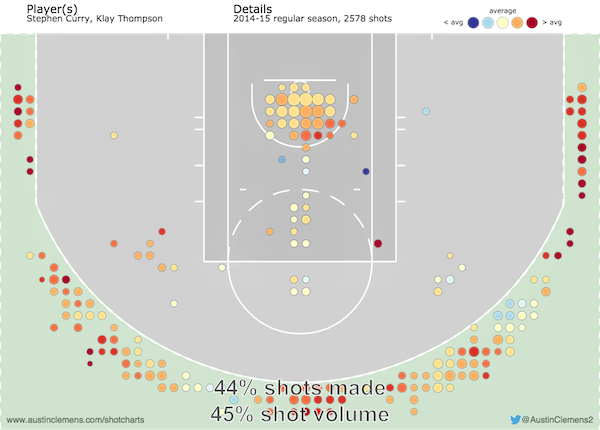There are a few mathematical ways of comparing the complexity of board games. One method, called Game Tree Size, tries to quantify complexity by counting the total number of possible games that could be played. If you use at this method, Stratego shows itself to be the most complex game, perhaps because players can set up their pieces to start the game in many different ways. A couple positions below Stratego comes Go, the 4,000 year-old Chinese game, and then much lower down, Chess. As you would expect, the simplest games measured is Tic-tac-toe. Board games are not fun in direct proportion to their complexity — you’re not going to hear me say that Stratego is a better game than Chess just because it’s more complex — but it is an important factor. It’s good to feel like it’s possible to get better at a game, even to master it, without being forced into a single strategic direction. If a game is simple enough to have a clear winning strategy, then once you figure it out, it soon loses its appeal.
This is one of the reasons why sports are so much fun to play and follow — they are virtually infinite in their complexity. I can’t imagine how you’d even begin to calculate the complexity of a sport like basketball. Not only are there ten players on the court at a time, free to move anywhere in a large three-dimensional space, but each of them is an actual person, with her own abilities to see, move, shoot, or pass. That’s one reason why it was somewhat disconcerting to watch the NBA regular season this year. It seemed like teams had “solved” basketball and found a truly ideal way to play. Not ideal from an aesthetic point of view, but from a winning one. The formula, epitomized by the Houston Rockets, seemed to be, shoot nothing but three-pointers (ideally from the corner) and layups. During the playoffs this year, it’s been wonderful to see that there are still different ways of winning, that basketball has not (and probably never will) been solved. No playoff matchup exemplifies this better than the series between the Memphis Grizzlies and the Golden State Warriors.
The series between the Grizzlies and the Warriors is currently tied at two games apiece. These teams have beautifully contrasting styles that are easy to see and appreciate. Put simply, the Warriors play based on the idea that three points is more than two while the Grizzlies principle is that scoring is easier when you’re closer to the basket. The great thing is that both of these theories are correct! Both teams have an almost ideal fit between their best players and the way they play. The Grizzlies are the more physical team, the Warriors the more balletic. The Warriors best players are Steph Curry and Klay Thompson. Curry is 6’3″ and 185 lbs and Thompson is 6’7″ and 205 lbs. Both can shoot almost inhumanly well. The Grizzlies best players are Marc Gasol and Zach Randolph. Gasol is 7’1″ and 265 lbs. Randolph is 6’9″ and 260 lbs. Both are among the best in the world at bullying their way close to the basket and then scoring from within the forest of arms trying to block them.
You can probably see the difference in styles just by watching these teams play but here are some numerical ways of showing it. During the regular season this year, Memphis scored the most points of any NBA team from the paint (close to the basket). To be fair, Golden State was also pretty good at this. Golden State was second in number of three pointers made, Memphis was second to last. Another excellent way of distinguishing the teams is by looking at shot charts that show where and how well teams or players shoot. I put together a few to look at using a great tool built by Austin Clemons. The first two show the Grizzlies and Warriors as a whole, the second two, just the star players already mentioned. Notice how many more of the Grizzlies shots come from in close and how many more of the Warriors shots come from beyond the three point arc. These differences become more dramatic when just looking at the star players.
Perhaps the most poetic way of understanding the difference between the two teams is by letting Grantland writer and narrative basketball poet, Brian Phillips help us understand. Phillips recently wrote articles about both teams. In his article on the Golden State Warriors, The Rise of Steph Curry, Phillips describes the subtle genius of Golden State’s most prolific and prototypical scorer:
He [Curry] just kept hitting shots, in his own little bubble of imperturbable cool. He had a gift for finding the little cracks, the little aerial wormholes only players with a certain kind of daredevil vision are ever able to see. He’d run off a screen, curl to the top of the key, catch the ball, pivot: swish, over a skyline of outstretched arms. Plant in the corner, catch the ball, flick a tiny hip-fake: swish, as his defender went rocketing past him… Curry exists on the plane where the impossible and the rational coincide — disarmingly natural. Smooth, even.
When writing about the Grizzlies, Phillips choses to focus, not on either of the Grizzlies big men, Gasol or Randolph, but instead on Tony Allen, a defensive specialist who has become an internet sensation during these playoffs. Allen, whose nickname is “The Grindfather” inspired Phillips to write The Grindfather’s House: Welcome to Tony Allen’s Playoffs. Here’s an excerpt:
Watching Tony Allen in 2015 is impossible not to enjoy. He’s like a combination of a professional wrestler, an elite superhero sidekick, and the dad from Finding Nemo… What Tony Allen does? It does not look fun. Murderous man-to-man defense, hyper-vigilant awareness of passing lanes, a willingness to chase your man from one end of the floor to the other, the tenacity to grind for 48 minutes against the other team’s best player … none of this looks remotely enjoyable.
Now that you’re armed with an understanding of how these two teams try to solve the game of basketball in entirely different but equally successful ways, see if you can witness it yourself in one of their next games. They’ll play each other on Wednesday, May 13, at 10:30 p.m. ET on TNT and Friday, May 15, 9:30 p.m. ET on ESPN. If neither team wins both of those games, a deciding Game Seven will be needed on Sunday, May 17 at a time to be determined. Enjoy!





